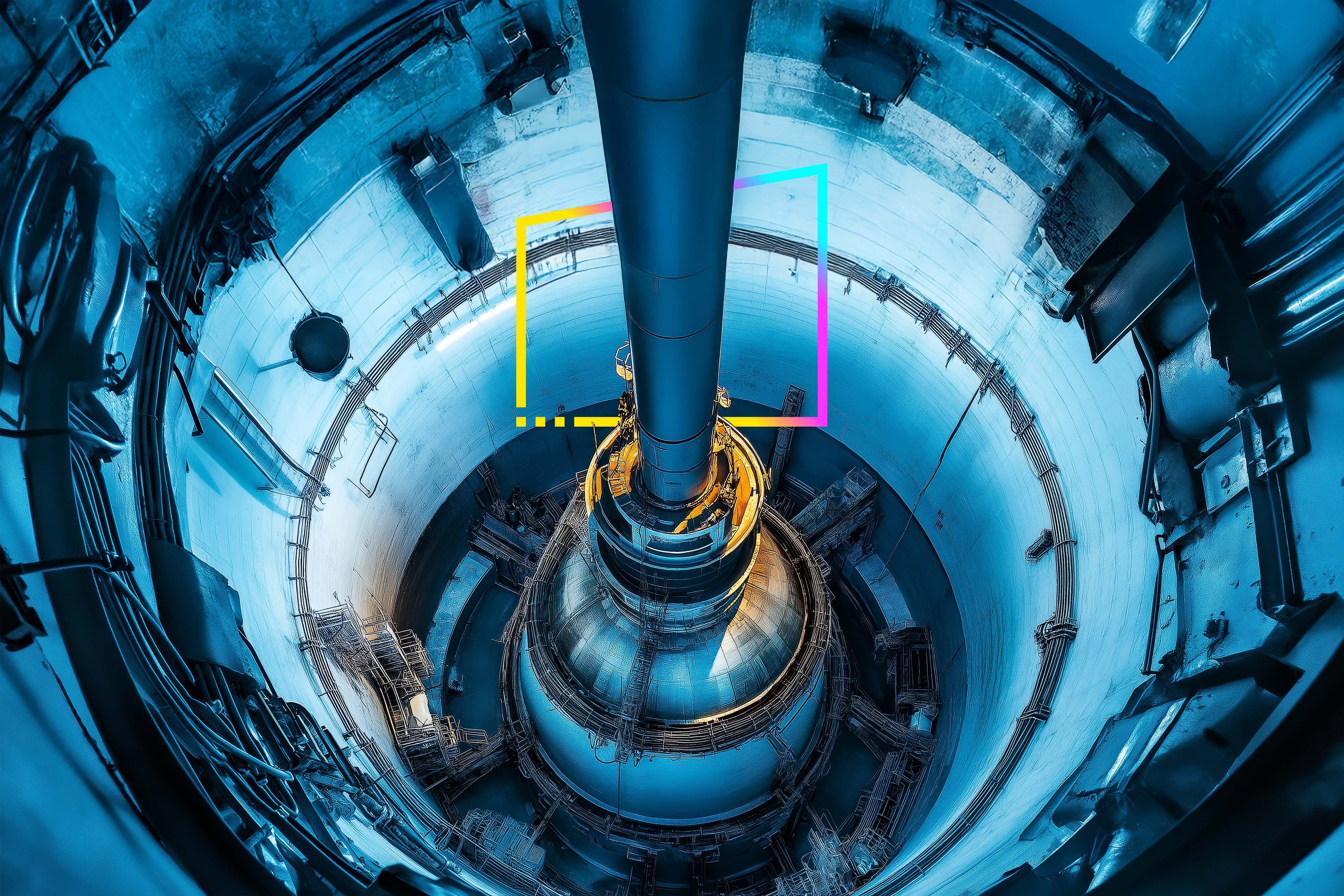EY refers to the global organization, and may refer to one or more, of the member firms of Ernst & Young Global Limited, each of which is a separate legal entity. Ernst & Young Global Limited, a UK company limited by guarantee, does not provide services to clients.
Mumbai Tribunal rules appeal for refund of tax under “net of tax” payment can be filed even where tax is deductible at lower rate
In case of Reliance Commercial Dealers Ltd. (Taxpayer) v. CIT(A)[1] , the issue before the Tribunal was whether an appeal under Section (u/s.) 248 for refund of tax under “net of tax”[2] payment can be filed in case where withholding tax paid is at higher rate but the payer claims that such tax was required to be deducted at a lower rate.
The Taxpayer was engaged in the business of transport of passengers by air. During the tax year 2015-16, the Taxpayer made certain payments to a foreign company (FCo) for providing training to its pilots. As per the agreement with FCo, payment to FCo was agreed to be made on a “net of tax” basis. As FCo had not obtained a permanent account number (PAN) in India, the Taxpayer made payments to FCo after deducting tax at the grossed-up rate of 25.94% instead of a regular rate of 11.48%.
However, after making payment of taxes, the Taxpayer filed an appeal before the first appellate authority (FAA) u/s. 248 contending that as per the Double Taxation Avoidance Agreement (DTAA) applicable to FCo, payment made to FCo qualified as a fee for technical services in respect of which India had a right to levy tax only to the extent of 15% of such income. However, as the rate of tax as per S. 115A of the Indian Tax Laws (ITL) on fee paid to FCo was 10%, the Taxpayer contended that the taxes were required to be deducted at the grossed-up rate of 11.48% and hence sought refund of excess withholding tax paid of 14.46%.
The FAA dismissed the Taxpayer’s appeal on the ground that appeal u/s. 248 applies only to cases where no taxes are required to be deducted and it does not apply to cases where taxes are required to be deducted at lower rate.
Aggrieved by the order of the FAA, the Taxpayer preferred an appeal before the Tribunal. Tribunal rejected the conclusion of the FAA by observing as follows:
- S. 195 requires that any sum paid to FCo, which is chargeable to tax in India, will be subject to withholding of taxes at source at the “rates in force”. As per the ITL, “rates in force” means the rates of tax specified in the Finance Act or the rates of income tax specified in the DTAA, whichever is more beneficial to the Taxpayer.
Thus, on a conjoint reading of S. 195 and S. 248, the phrase ‘no tax was required to be deducted at source’, as contained in S. 248 has to be interpreted to cover cases where there is a denial of liability to withhold taxes as well as cases where it is contended that taxes are required to be withheld at a lower rate.
The Tribunal held that restrictive interpretation of S. 248 as sought by the Tax Authority would lead to anomalous results in case where the Taxpayer contends that the amount paid is not chargeable to tax and on a without-prejudice basis contends that even if the amount is chargeable to tax, it is chargeable at lower rates prescribed in the DTAA. The Tribunal opined that the intention of the legislature was not to render the deductor remediless merely because it admits deductibility of tax at source but disputes the rate of deduction.
Hence, the Tribunal held that the appeal filed by the Taxpayer u/s 248 was valid.
[1] [TS-374-ITAT-2023] [2] i.e., where tax payable in India by the payee on such income is contractually borne by the payer


